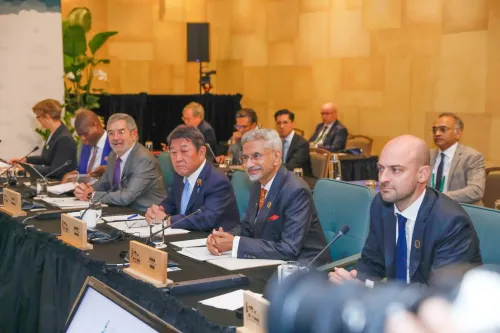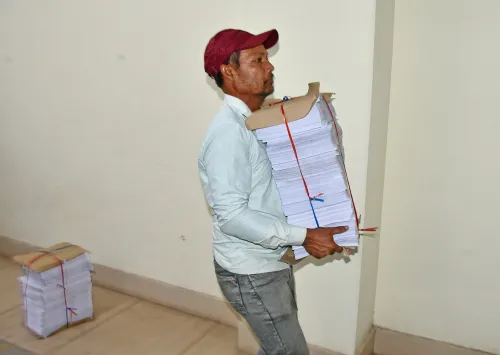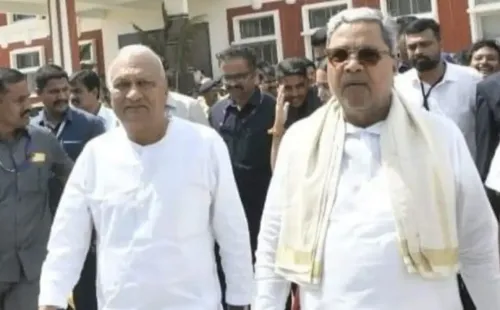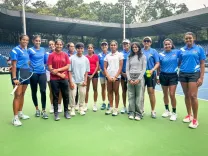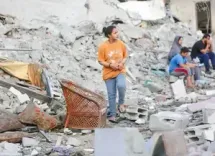Why Are Gujarat's Ration Shops Closed?
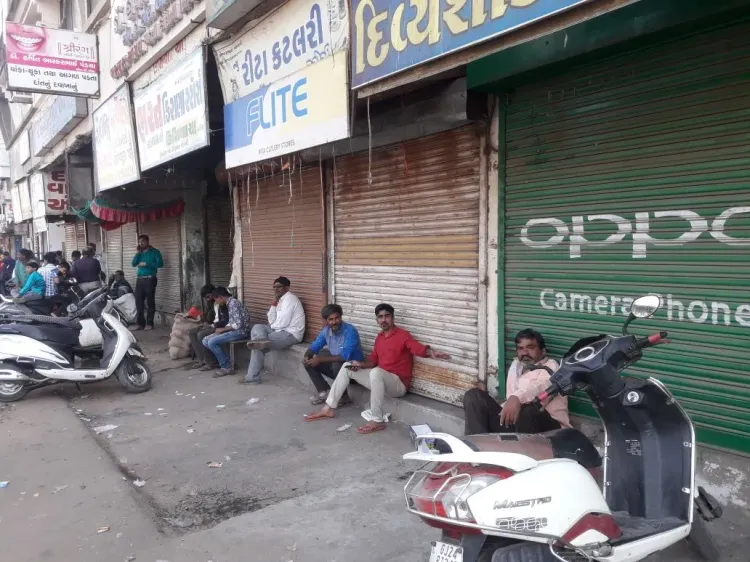
Synopsis
Key Takeaways
- Statewide strike disrupts ration distribution in Gujarat.
- Shopkeepers protest against mandatory E-KYC regulations.
- Thousands of beneficiaries, especially in rural areas, are affected.
- Demands include increased commissions and relaxed eligibility criteria.
- Fair price shops are vital for the Public Distribution System.
Ahmedabad, June 2 (NationPress) Fair price shops throughout Gujarat have been closed since June 1, as ration shopkeepers initiated a statewide protest against the government's obligatory E-KYC regulation for ration card holders.
This shutdown has severely affected the Public Distribution System (PDS), leaving countless beneficiaries, particularly among the impoverished and rural communities, without access to vital food grains.
The Gujarat Fair Price Shops and Kerosene License Holders Association organized the strike, labeling the new requirement as “unfair and impractical,” especially for individuals in remote regions with inadequate digital resources.
The All Gujarat Fair Price Shop Association, which represents nearly 15,000 ration shop owners, has joined the protests, amplifying the pressure on the state government.
Shopkeepers are advocating for the repeal of the E-KYC mandate and a reassessment of the current commission structure. They've requested that the commission be increased from Rs 1.50 to Rs 3 per kilogram of grain distributed.
Furthermore, they wish for the eligibility criteria for the Rs 20,000 monthly commission—currently available only if 97 percent of the grain is distributed—to be adjusted to 93 percent.
As the second day of the strike progressed, numerous PDS customers in Ahmedabad were observed going home empty-handed.
“I traveled all the way from Vejalpur. This is the third or fourth time. We poor people need grain to survive,” expressed one visibly anguished beneficiary, frustrated by repeated failed attempts to obtain ration supplies.
The E-KYC policy has been in place since May 13, resulting in ration denial for thousands who have not completed the verification process.
For many in rural areas, digital literacy and connectivity pose significant challenges, complicating compliance with the new policy. Fair Price Shops (FPS) are essential to Gujarat’s Public Distribution System (PDS), acting as the primary channel through which subsidized food grains and essential goods reach economically disadvantaged groups.
As of 2024, Gujarat boasts over 17,000 fair price shops, serving nearly 3.75 crore beneficiaries under the National Food Security Act (NFSA). These shops distribute staples like wheat, rice, sugar, and kerosene at substantially subsidized prices to Antyodaya (AAY) and Priority Households (PHH).
Each FPS is typically assigned to a licensed dealer, often situated in semi-urban or rural locales, and is overseen by the state’s Food, Civil Supplies, and Consumer Affairs Department.
In Gujarat, the fair price network has also been vital in disaster relief, COVID-era assistance programs, and the execution of initiatives like One Nation One Ration Card (ONORC), which allows migrants to access their entitlements anywhere in the state or country.
Despite this crucial role, fair price shop owners have voiced concerns regarding operational difficulties, including low commission rates, strict distribution targets, and increasing digital compliance requirements like the mandatory E-KYC.
In rural regions with limited internet availability, such demands have strained the already fragile margins and infrastructure of FPS dealers. This has led to periodic protests, including the ongoing statewide strike in 2025, with shopkeepers calling for both policy changes and financial assistance.

